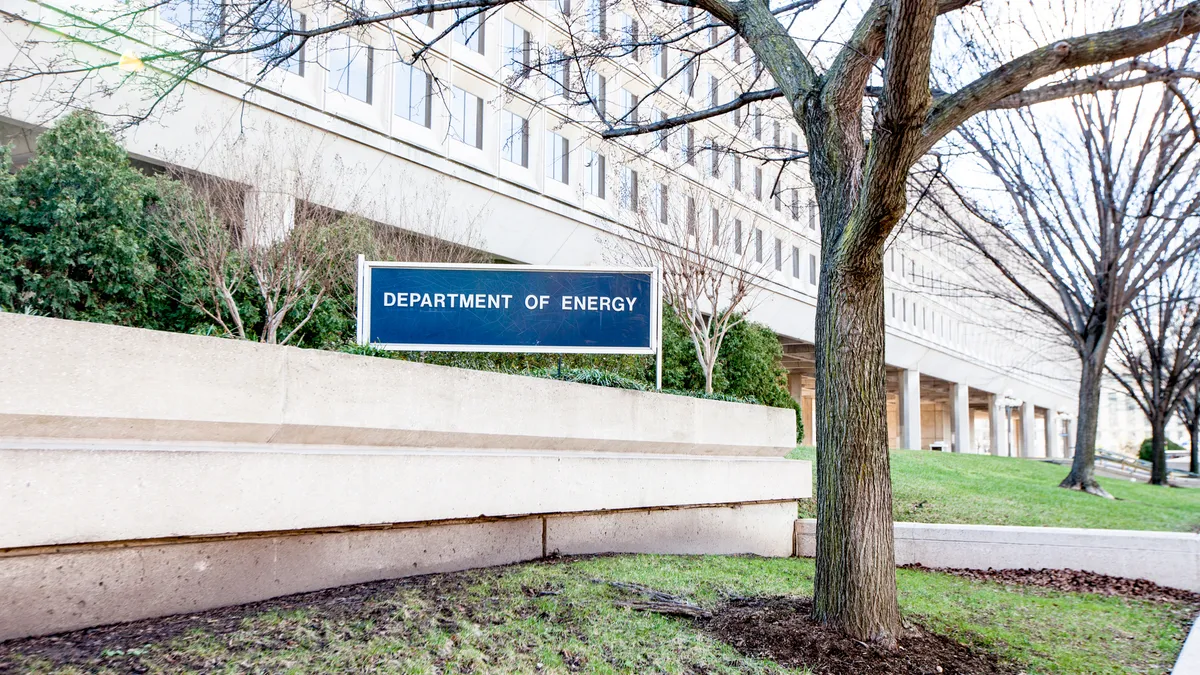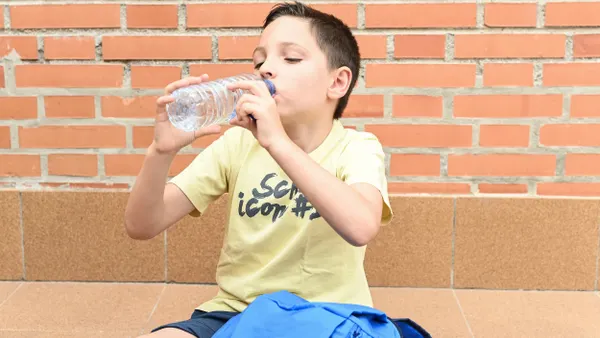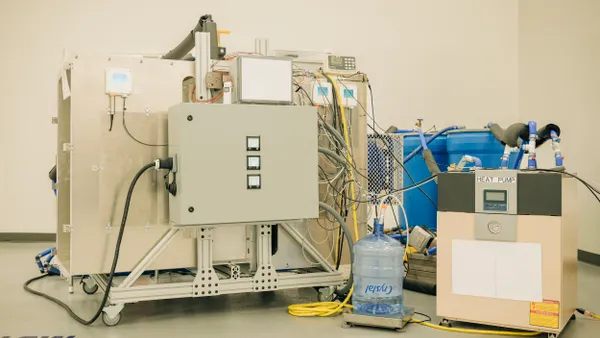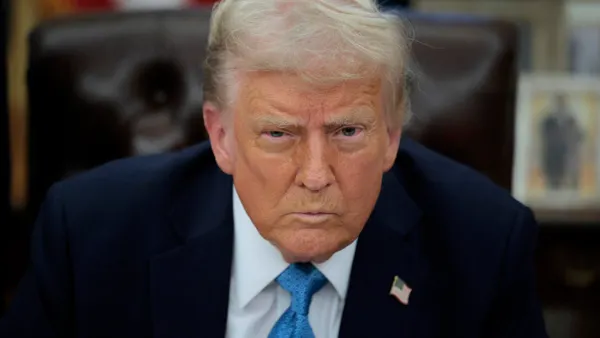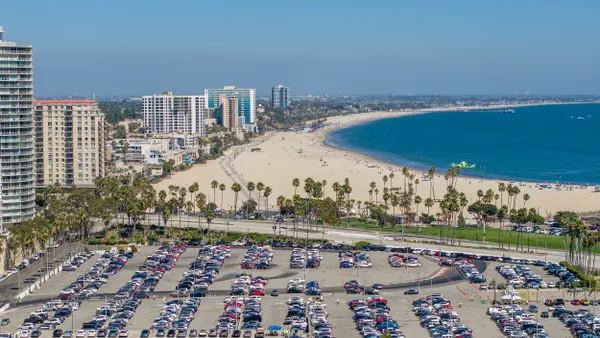The U.S. Department of Energy on Wednesday announced almost $27 million in grants to 37 state, local and tribal governments to install electric vehicle chargers, battery storage, energy efficiency retrofits and other clean energy projects.
The formula grants are being made through the Energy Efficiency and Conservation Block Grant Program, funded by the bipartisan infrastructure law. The awards are managed by DOE’s Office of State and Community Energy Programs.
“Energy efficient upgrades are a surefire way to bring down costs and shore up resiliency for communities across the nation,” Secretary of Energy Jennifer Granholm said in a statement. The Biden administration’s agenda “is equipping local governments with funds to transform clean energy plans into real actions that deliver benefits in every corner of the country.”
Among the awards announced today, Chicago will receive $2.2 million to develop a strategic plan to reduce consumer energy burdens, launch a building electrification campaign to connect residents with funding sources, such as DOE’s home energy rebates, and perform energy audits and retrofits on city facilities. The city will also replace its gas-powered municipal fleet with electric vehicles and establish a pilot program to install public EV chargers in disadvantaged communities, emphasizing access for multifamily housing residents.
In North Carolina, the Buncombe County government will utilize about $81,000 in grants to purchase and install battery storage systems at two county facilities with existing solar systems.
The city of Houston will receive about $2 million which DOE said would go to conducting energy audits and retrofits on municipal buildings, establishing a revolving loan fund to finance sustainability projects, updating energy codes and increasing compliance, and installing solar panels and battery storage at a community-serving municipal facility in a disadvantaged community.
Colorado will sub-grant 60% of its approximately $2 million grant to small and rural local governments to build capacity for clean energy project implementation, DOE said. The remaining 40% will go to establish a subgranting program for teams of cities, counties and community-based organizations collaborating on regional sustainability projects.
“This cohort model replicates an existing successful program in the state and will encourage place-based approaches to sustainability,” DOE said.
Kentucky will also establish a subgranting program for local governments to implement clean energy and energy efficiency initiatives, including solar and energy storage, building retrofits and recycling projects.
A list of projects funded by the EECBG program can be found on the DOE website.
Awards announced Wednesday represent the fifth tranche of formula awards DOE has granted through its EECBG program. Agency officials say a sixth round of awards is expected later this month.



